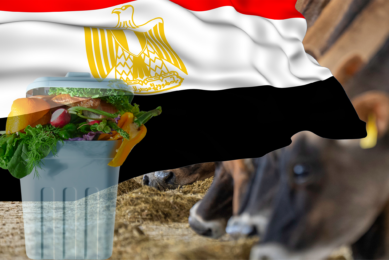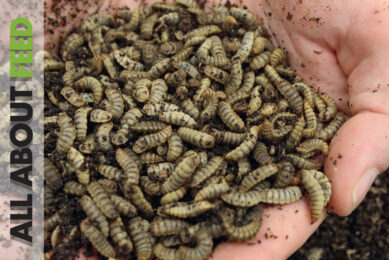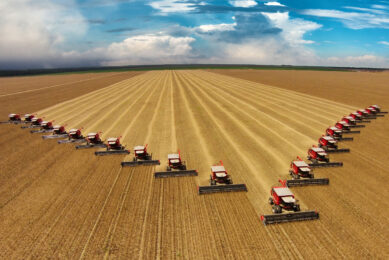Qatar may use food waste to lower dependence on imported feed

A group of Qatar scientists unveiled a technology for processing food waste, such as fruits and vegetables, into microbial protein for the feed industry.
The project is a beacon of hope for the country, searching for a way to lower its dependence on imported feed for the growing livestock industry.
Dr Kashif Rasool, a sustainability and environmental scientist at the Qatar Environment and Energy Research Institute and one of the project’s authors stated that Qatar urgently needs a more sustainable and cost-effective source of protein for animal feed production.
He stated that nearly a third of food products in the global supply chain are spoiled before they arrive at the customs table.
Studies indicate that the amount of food discarded by rich countries is equivalent to the total food production in Africa and sub-Saharan Africa
Dr Kashif Rasool
Technology
The technology, the development of which was funded by the Ministry of Municipality and the Qatar National Research Fund, aims to revolutionise waste management practices by converting organic waste into protein feed, he said.
The developed solution involves using biogas as a substrate for microbial fermentation, converting biomethane into microbial protein. The scientists have not provided additional details about their technology, including the bacteria strain they plan to use.
“Using methane as a feedstock for microbial protein production, this approach addresses emissions from agriculture and provides a sustainable and cost-effective protein source,” Dr Rasool claimed.
90% food import
The scientists unveiled that they plan to work with local communities, feed companies and stakeholders along the value chain to finalise the technology and launch its industrial use, not providing any concrete timeframe.
Due to its scarce water resources and arid land, Qatar imports 90% of its food. The country has long been struggling to lower this figure. It introduced the Qatar National Food Security Programme in 2009 with the aim of increasing self-sufficiency from 10% to 70% by 2023. Ambitions were lowered to 40–60% in a later edition of the plan, but even that target was not met.
High hopes
Dr Rasool also emphasised that the project is the most promising technology for the feed industry in Qatar.
Dr Fares Al-Momani, professor of chemical engineering at Qatar University and one of the project’s authors, said that the results of the first trials were promising. The technology was found to be effective in producing bioprotein from a mix of agricultural waste, which, among others, included spoiled fruits and vegetables.
“Microbial protein is a high-quality protein source that is easy to digest and contains all the essential amino acids that animals need, which contributes to improving their health and well-being, which leads to better productivity and profitability,” Dr Fares Al-Momani said.











